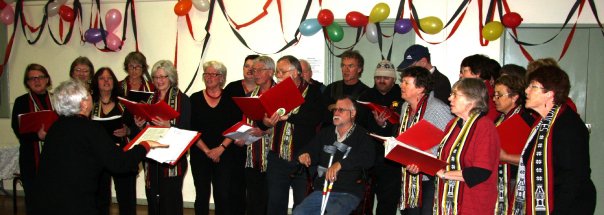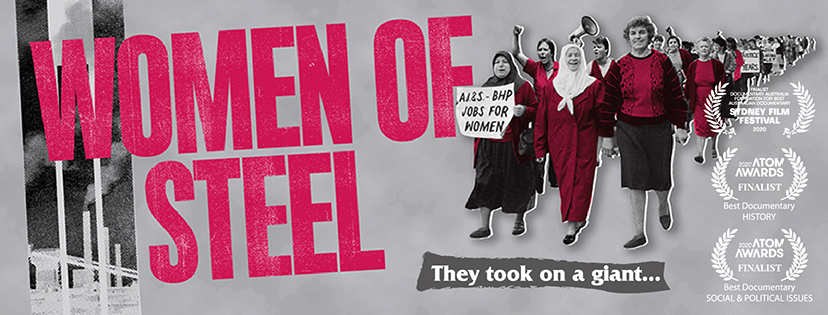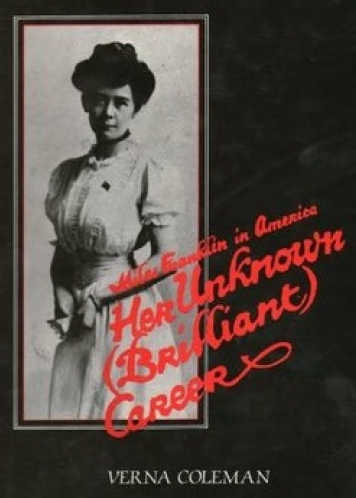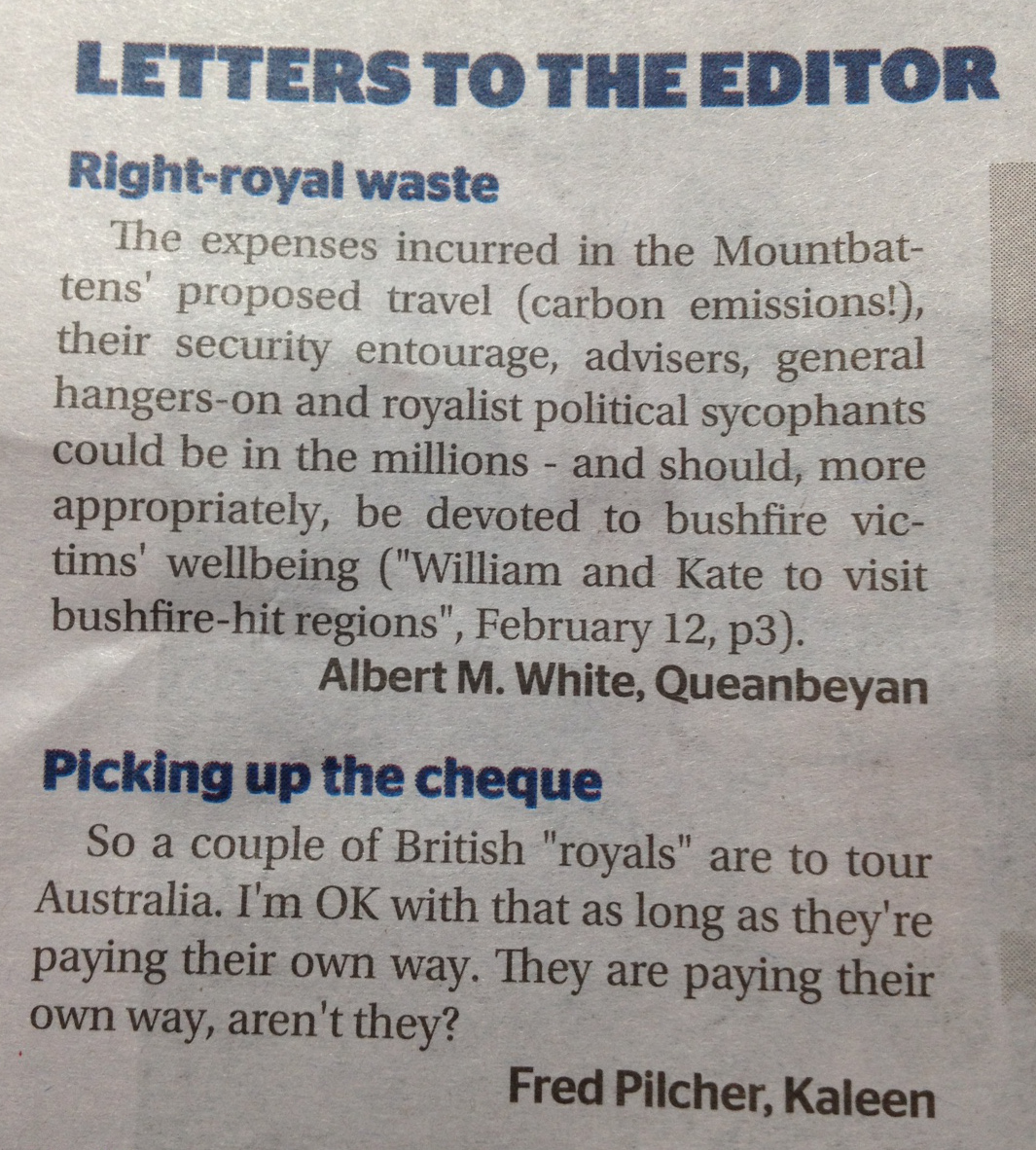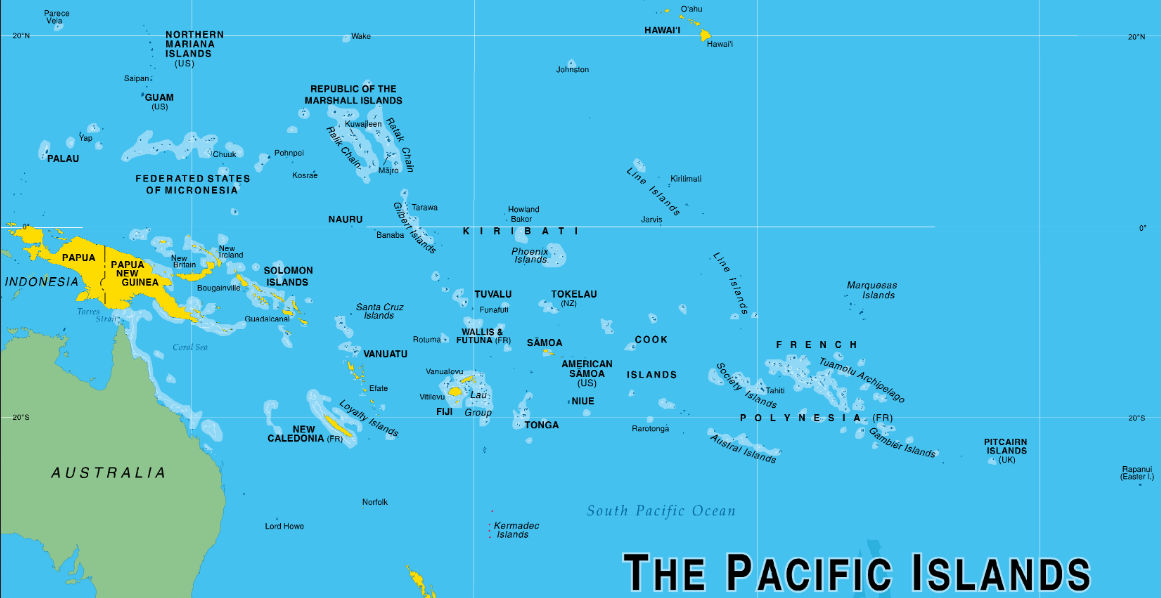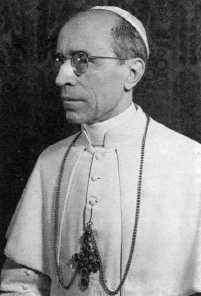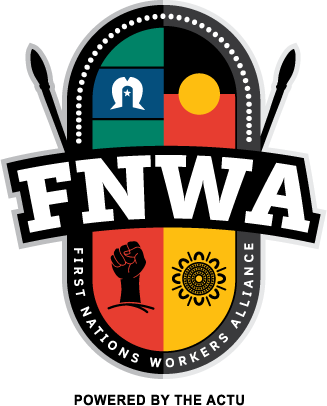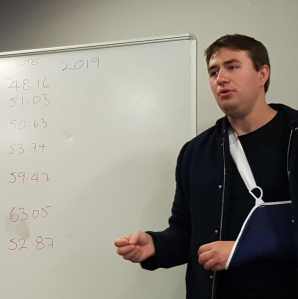A presentation by Bill Thompson to the Vintage Reds ACT on Tuesday 17 September 2019 at the Tradies Club, Dickson ACT
Bill acknowledged the Ngunnawal people, the custodians of this land and the land on which we met, and paid his respects to the Aboriginal and Torres Strait Islander peoples past and present.
I was appointed as the North Queensland Organiser by the Municipal Officers Association (MOA), Queensland Branch, in July 1985. The union later to merged with others to form the Australian Services Union. My area of responsibility was the northern half of Queensland, or that area above a line drawn between Birdsville inland to Bowen on the coast.
It was a difficult time to be appointed, as the South East Queensland Electricity Board industrial dispute had been raging (and that is not too strong a word) for five months, and it was the year in which great changes were occurring in Aboriginal and Torres Strait Islander community councils, not the least in their governance. With the introduction of the Deed of Grant in Trust (DOGIT), a significant disruption in the administration of those councils had occurred.
Much of what follows is anecdotal and personal observations. But here I must digress.
Have you heard the joke about the bloke who went to the doctor – he had a monkey growing out of his head. Tell me said the doctor, “how did this begin?” Well, said the monkey, “it started with a spot on my bottom’. At the risk now of enraging the Queenslanders in the room, I need to set the political scene in Queensland in 1985.
“Rural, backward, racist, populist, authoritarian and corrupt”. So said Seymour Martin Lipset an American political scientist, who in the context of the USA said “every country has a South”. We in Australia have a North, in this case Queensland under the Bjelke-Petersen Government, which had been in office since 1968. The definition suited Queensland to a ‘T’, as the Liberal-Country Party (later the Liberal National Party), well entrenched both politically and within that society, was resolutely opposed to change, unless it was to the detriment of its political enemies. Queensland was to prove the political monkey on the back (not the head) of the Australian body politic for decades. No doubt, a sentiment shared by Gough Whitlam. Continue reading →
